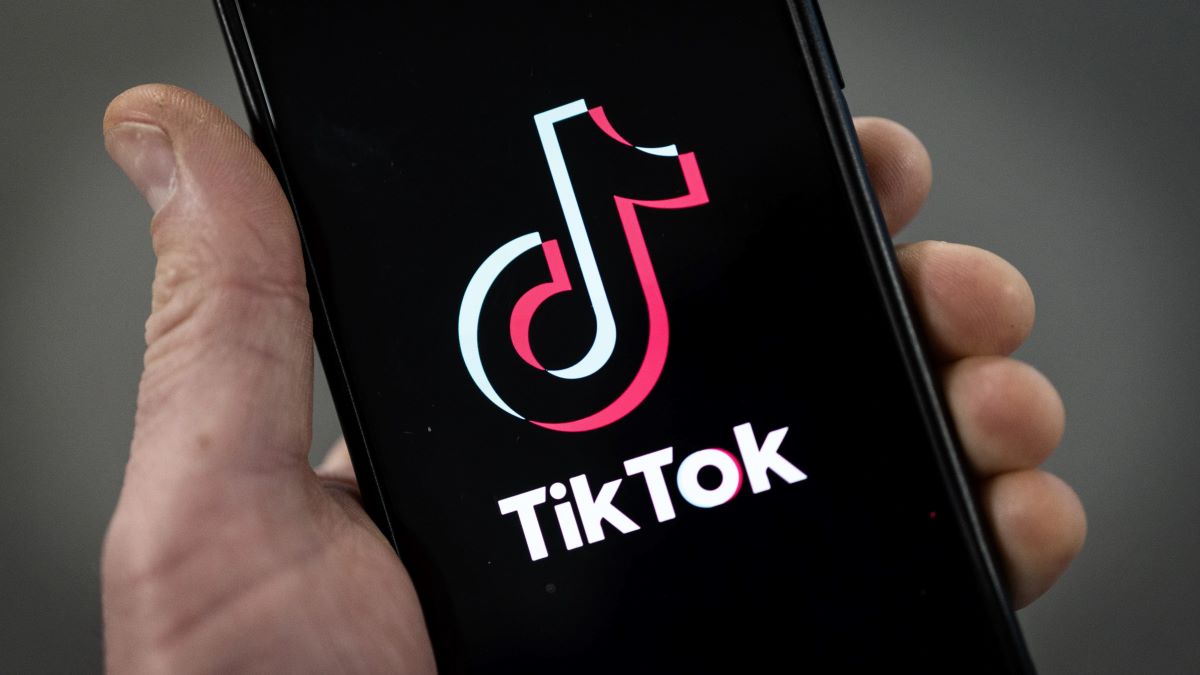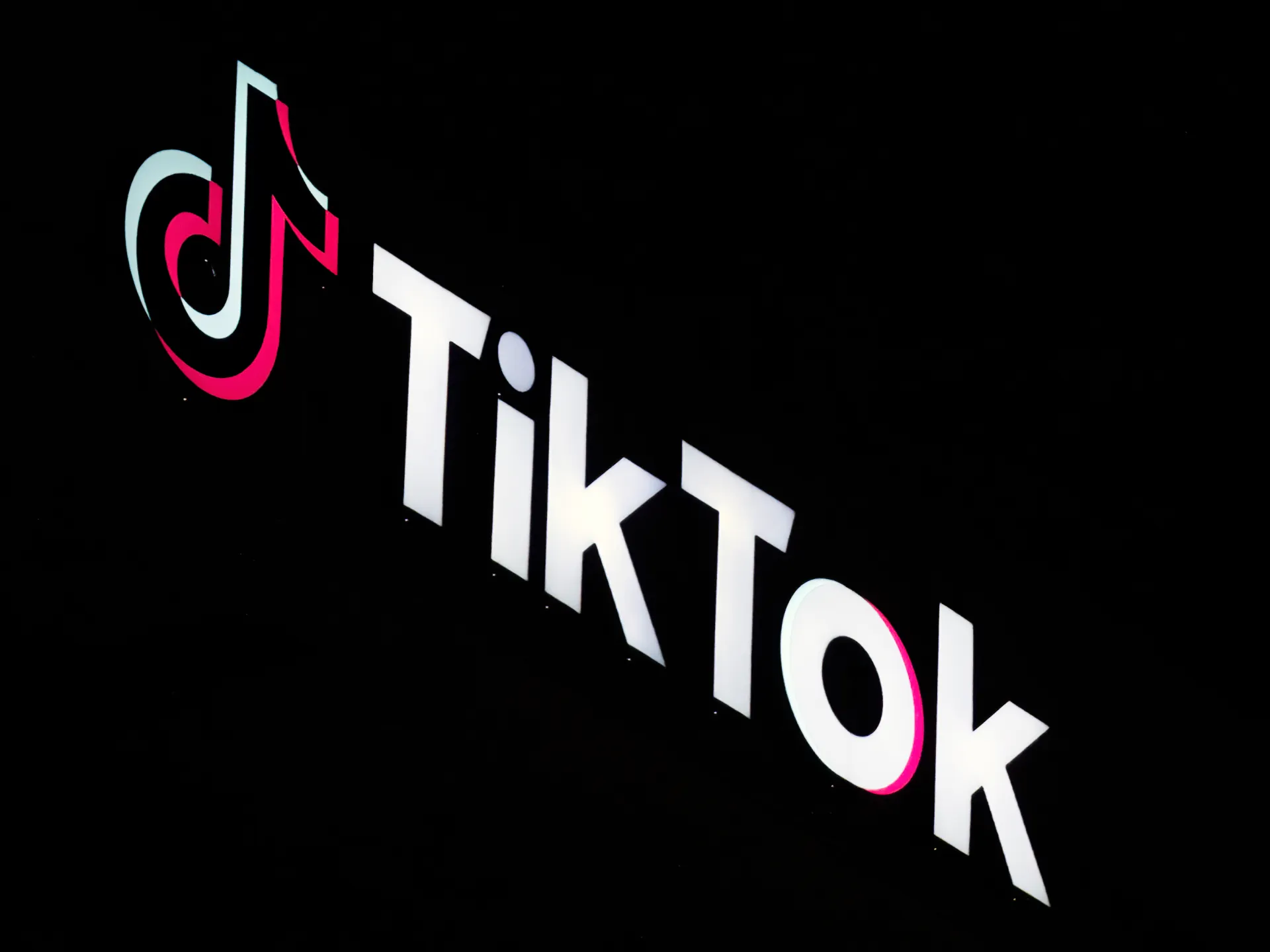TikTok began restoring service to its U.S. users after a brief, voluntary shutdown that lasted less than 24 hours. The company announced on Sunday that it was in the process of reinstating access following President-elect Donald Trump’s pledge to attempt to halt the ban through an executive order on his first day in office.
In a statement, TikTok expressed gratitude to President Trump for providing clarity and reassurance to service providers, ensuring they would not face penalties for continuing to offer TikTok to over 170 million Americans and supporting over 7 million small businesses.
TikTok described this as a strong defense of the First Amendment and a rejection of arbitrary censorship. The company stated its intention to work with Trump on a long-term solution to keep TikTok operating in the U.S.
TikTok confirmed that, in cooperation with its service providers, it was actively working to restore access. The company reiterated its thanks to President Trump for ensuring no penalties for service providers who continue to make TikTok available to American users.
The voluntary shutdown took place just hours before a Sunday deadline, cutting off access for millions of U.S. users. This action followed a recent Supreme Court ruling that upheld a law banning TikTok due to concerns over its links to China.
Passed by Congress last year, the law required TikTok’s parent company, ByteDance, to divest from TikTok by January 19 or face removal from U.S. app stores and hosting services. TikTok contested the law in court, but its challenge was rejected by a unanimous ruling from the Supreme Court on Friday.
On Sunday, President Trump took to social media, declaring “SAVE TIKTOK” and announcing plans to issue an executive order on Monday to extend the deadline for the law’s enforcement. He also clarified that companies helping to prevent TikTok’s shutdown would face no liability before the law’s implementation.
Trump expressed his desire for the U.S. to have a 50% ownership stake in a joint venture, which he argued would protect TikTok, keep it under responsible management, and ensure its survival. He claimed that without U.S. approval, TikTok would not exist, but with it, the app could be worth hundreds of billions, potentially even trillions of dollars.
The Supreme Court’s ruling affirmed that the divestiture law did not infringe upon TikTok’s or its 170 million U.S. users’ free speech rights. The court sided with the government’s position that TikTok could be used by China to collect vast amounts of sensitive data on Americans.
On the night of January 18, 2025, U.S. users of TikTok who opened the app were greeted with a message stating, “Sorry, TikTok isn’t available right now.” The message also explained that the law banning TikTok had been enacted, temporarily halting the app’s availability. TikTok assured users that President Trump would help reinstate the service once he took office.
The app was also removed from both the Apple and Google Play stores.
Trump’s incoming national security adviser, Mike Waltz, commented on Sunday that the president-elect had spoken with Chinese President Xi Jinping, and the two leaders agreed to collaborate on a solution. Waltz emphasized that an app could be developed to protect Americans’ privacy while allowing U.S. citizens to continue enjoying TikTok.
TikTok had warned on January 19 that it would be forced to go offline unless the Biden administration intervened to prevent the enforcement of the law. The White House dismissed TikTok’s request as a “stunt” and advised the company to address its concerns with the incoming Trump administration.
“The TikTok situation can wait until Monday, when the Trump administration takes office,” said White House press secretary Karine Jean-Pierre.
While the app was temporarily unavailable in the U.S., it remained accessible internationally, with no indication to overseas users that U.S. access had been restricted. It was still possible for international users to view and interact with American TikTok accounts.

Tiktok Company (Photo: Getty Images)
Even if President Trump decides not to enforce the ban, the law would remain in effect, and companies like Apple and Google could eventually face penalties for noncompliance. Trump suggested on Saturday that he might extend the law’s enforcement deadline by 90 days, calling it an appropriate measure.
The law includes a provision for a temporary extension if a sale of TikTok is in progress.
During Supreme Court arguments on January 10, TikTok’s lawyer, Noel Francisco, warned that the platform would shut down once the law took effect.
He explained that any sale would be “extraordinarily difficult” to complete within the given timeframe, particularly because the Chinese government opposes selling the algorithm that drives TikTok’s personalized video recommendations.
Francisco further stated that if the law went into effect, the platform would be “fundamentally different” without access to user data shared with ByteDance.
The law, which was included in a foreign assistance package signed by President Biden in April, was challenged by TikTok and ByteDance. The company argued that it represented an unconstitutional overreach and threatened free speech, particularly for millions of American users.
A federal appeals court upheld the law in December, affirming that the U.S. government acted to protect freedom by limiting China’s ability to collect sensitive data on Americans. The Supreme Court swiftly moved to take up the case, issuing its decision just two days before the law’s deadline.
The court acknowledged TikTok’s role in providing a unique platform for expression and engagement but justified the law as necessary for national security, given TikTok’s connections to China. The justices noted that Chinese law allows companies to be compelled to share data with the Chinese government, which contributed to the decision.
Solicitor General Elizabeth Prelogar explained that the law gave the government authority to enforce restrictions on TikTok, but that the restrictions could be lifted if a sale took place after the deadline.
TikTok’s CEO, Shou Zi Chew, expressed confidence that the app would continue operating under President Trump, thanking him for his commitment to finding a solution that would allow TikTok to remain available in the U.S. for years to come.
President Trump, who had previously attempted to ban TikTok during his first term, confirmed that he had spoken with Chinese President Xi Jinping about the issue. However, the Chinese summary of their conversation did not mention TikTok.
Unless a sale occurs or Congress overturns the law, there remains uncertainty about TikTok’s long-term future in the U.S. If President Trump or a future president chooses not to enforce the law, companies like Apple and Google could still face significant fines.
Justice Sonia Sotomayor pointed out during Supreme Court arguments that if the law went into effect and TikTok did not shut down, it would constitute a violation, regardless of the actions taken by the new president. Prelogar confirmed this, noting that penalties for app stores and hosting services could still apply.











































